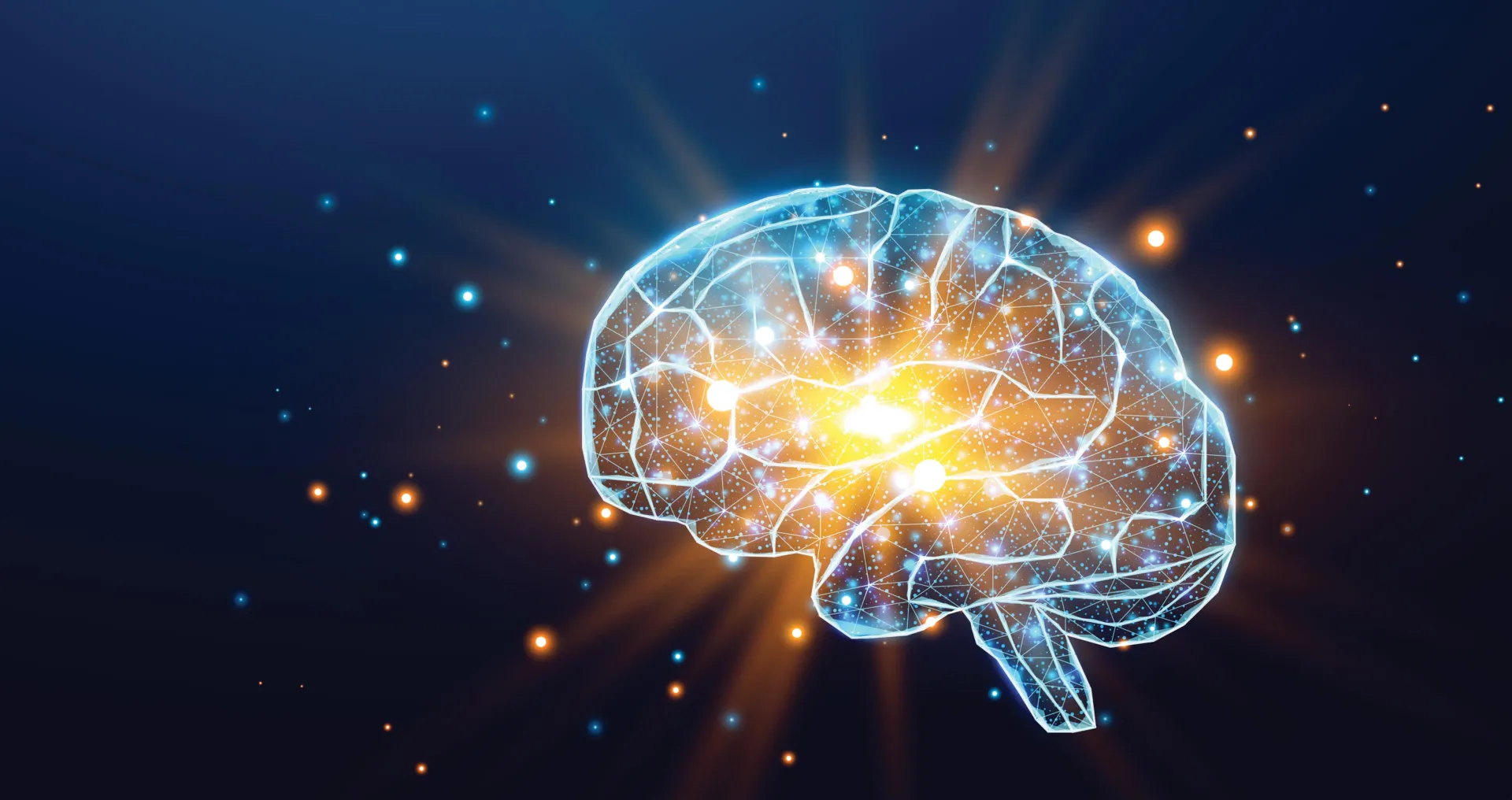Geophysicists have discovered the ancient landscape of Antarctica with huge rivers and wide valleys, which has been buried under a thick layer of ice for the last 30 million years.




For Silicon Valley giants, getting ahead in the artificial intelligence race requires more than building the biggest, most capable models; they’re also competing to get third-party developers to build new applications based on their technology.
Now, Meta is teaming up with Amazon’s cloud computing unit, Amazon Web Services, on an initiative designed to do just that.
The program will provide six months of technical support from both companies’ engineers and $200,000 in AWS cloud computing credits each to 30 US startups looking to build AI tools on Meta’s Llama AI model. The partnership is set to be unveiled at AWS Summit in New York City on Wednesday.
Meta has reportedly acquired two more high-profile researchers from OpenAI, Jason Wei and Hyung Won Chung, as part of its effort to advance in the field of artificial general intelligence.



Stroke kills millions, but Osaka researchers have unveiled GAI-17, a drug that halts toxic GAPDH clumping, slashes brain damage and paralysis in mice—even when given six hours post-stroke—and shows no major side effects, hinting at a single therapy that could also tackle Alzheimer’s and other tough neurological disorders.



Metr recently published a paper about the impact AI tools have on open-source developer productivity1. They show that when open source developers working in codebases that they are deeply familiar with use AI tools to complete a task, then they take longer to complete that task compared to other tasks where they are barred from using AI tools. Interestingly the developers predict that AI will make them faster, and continue to believe that it did make them faster, even after completing the task slower than they otherwise would!